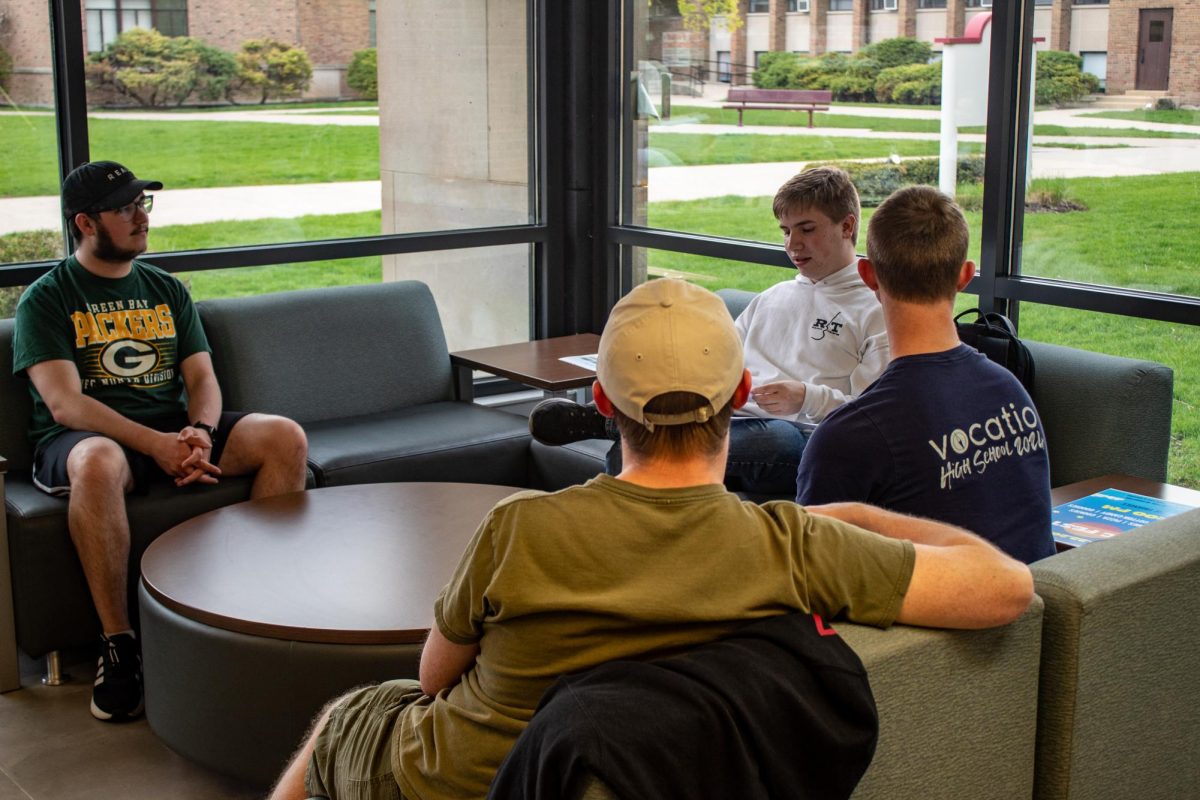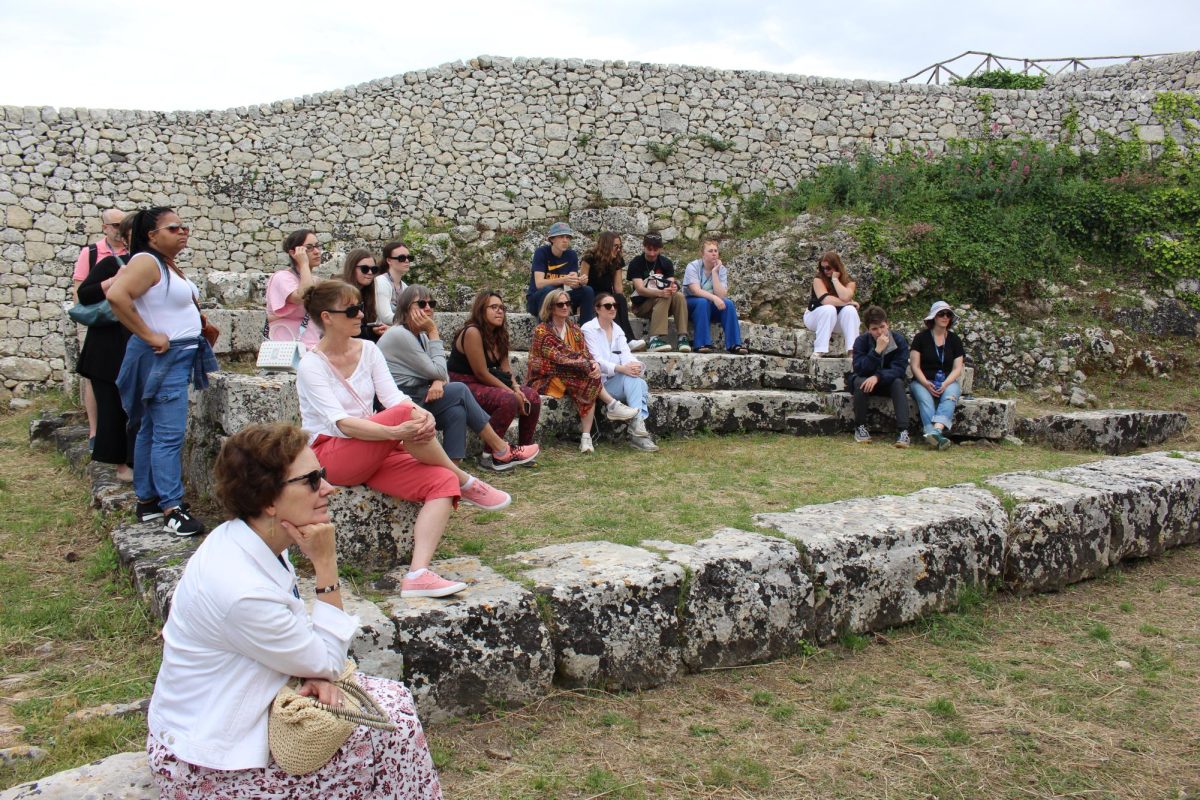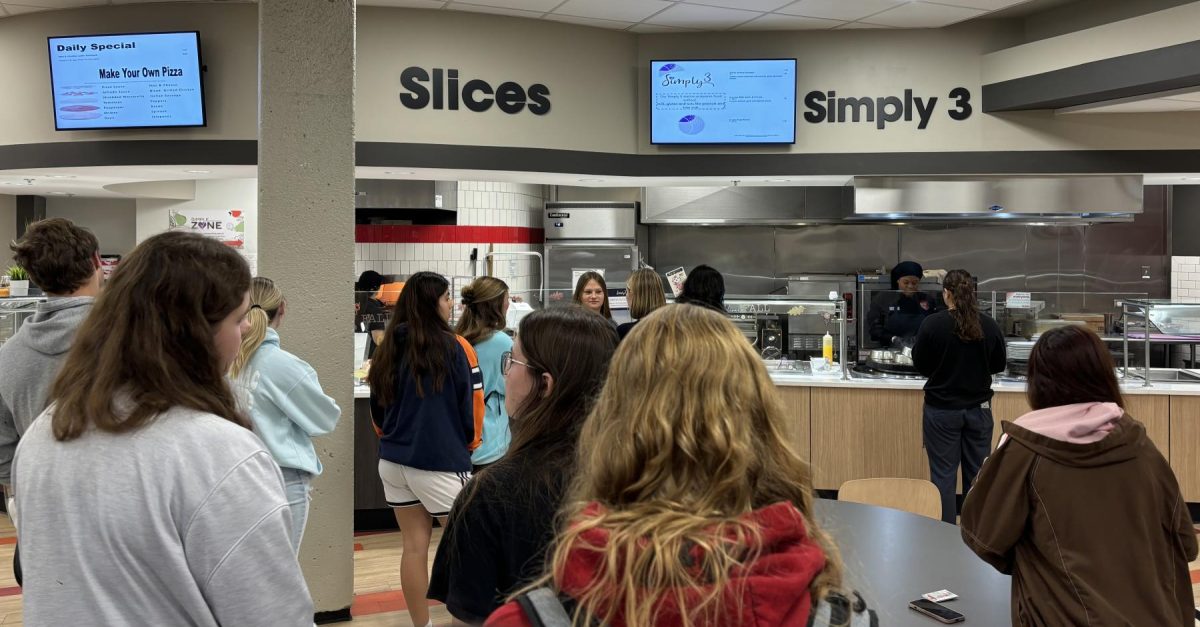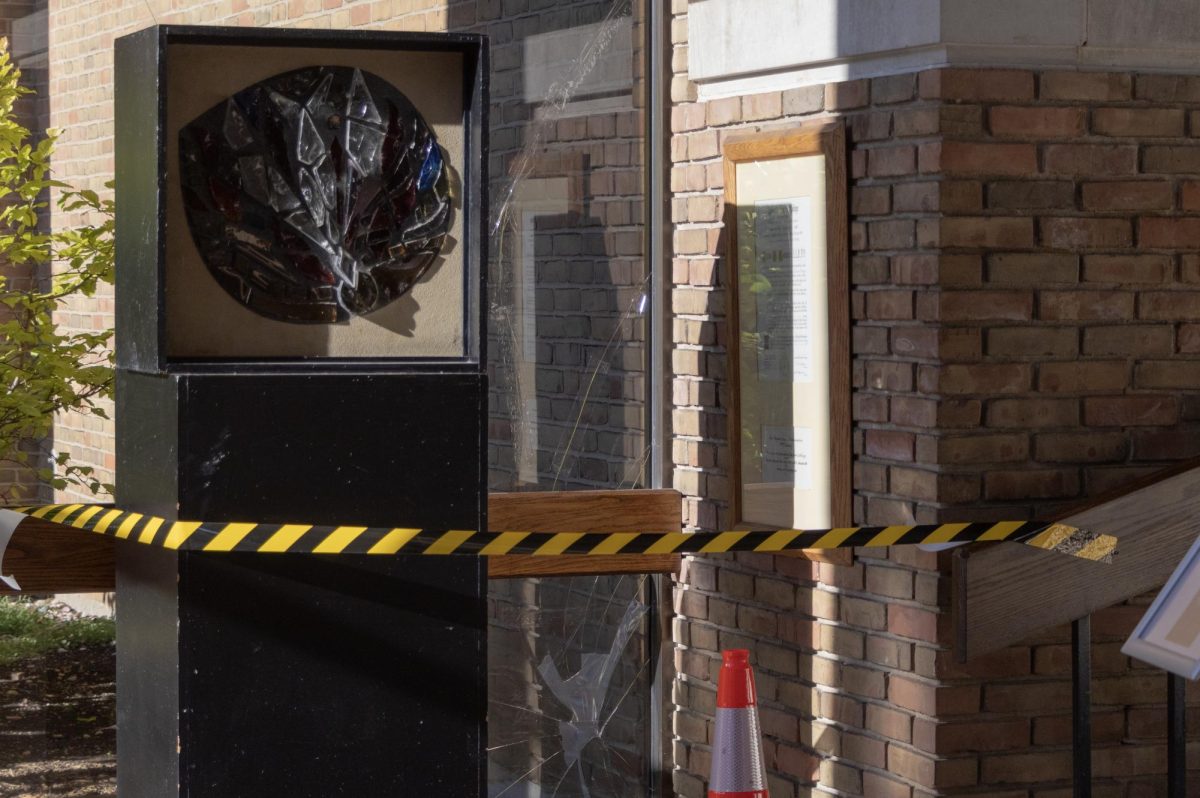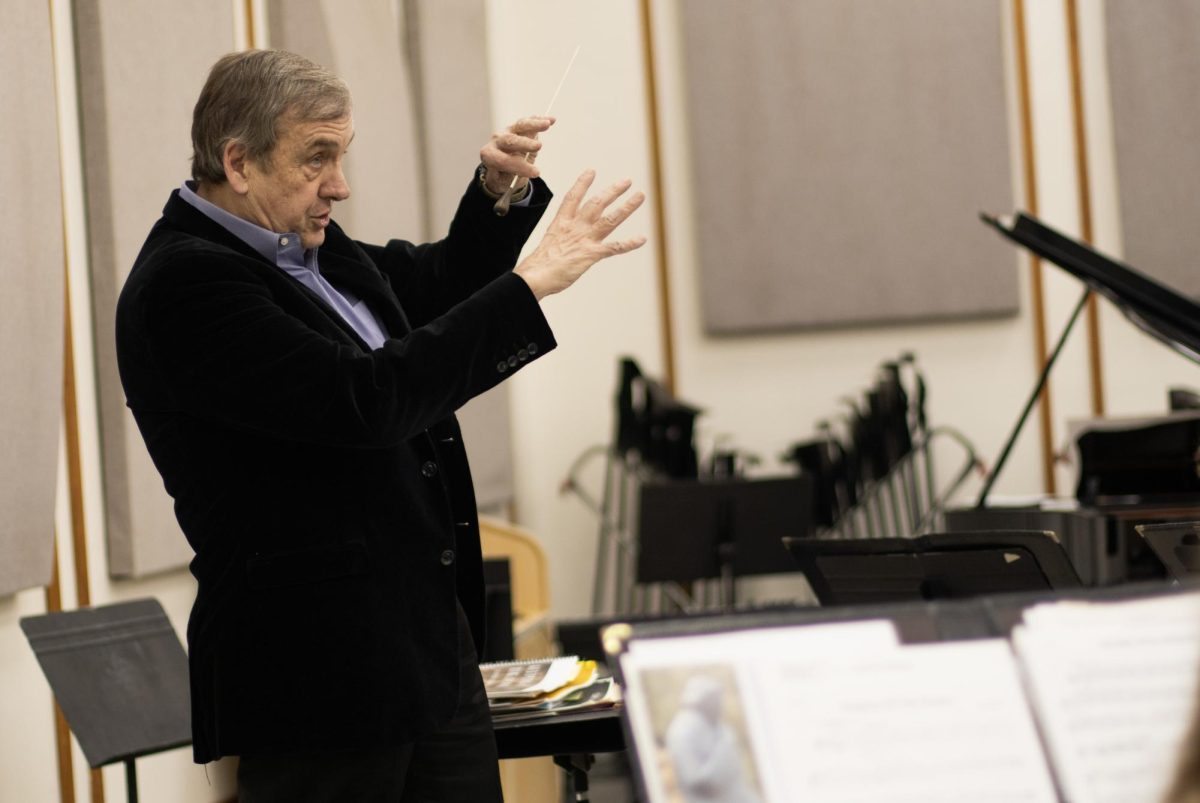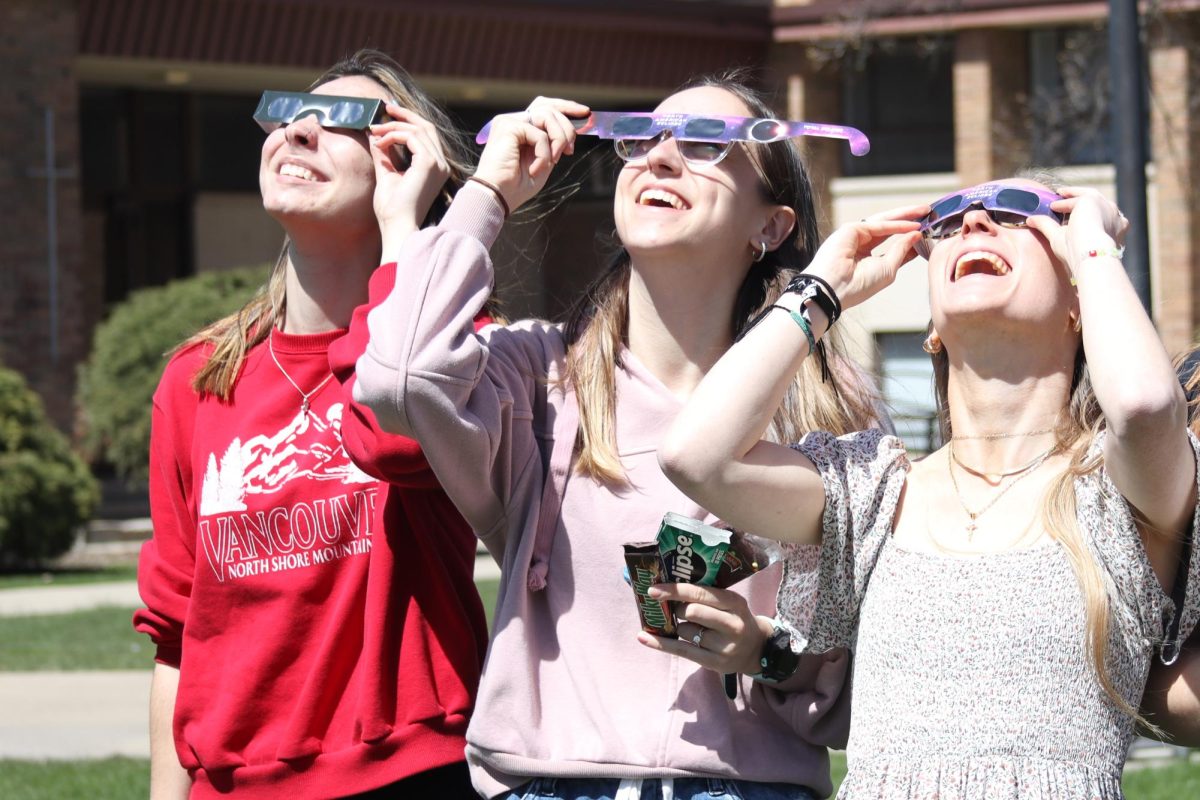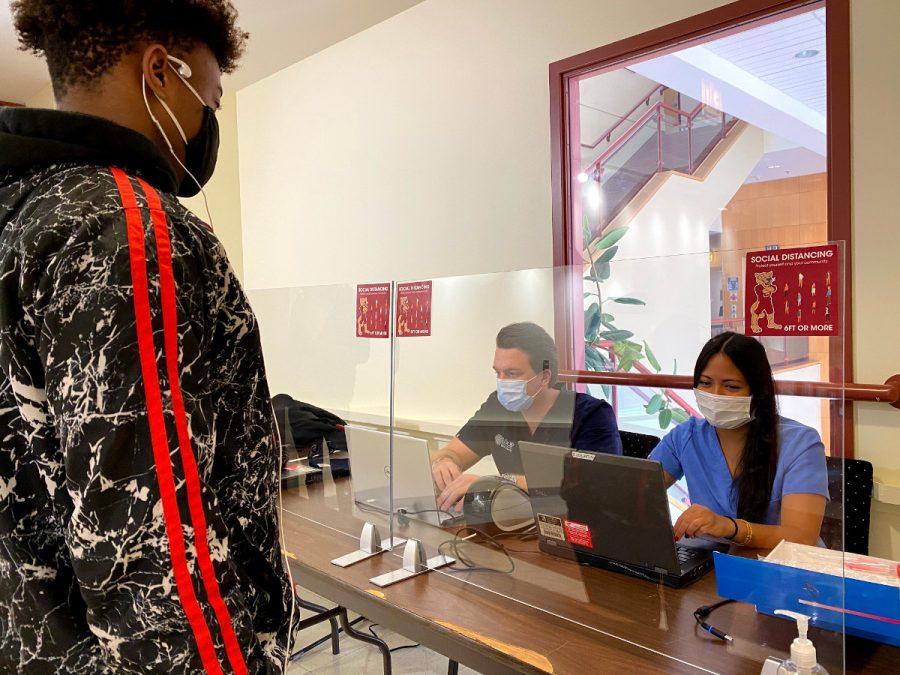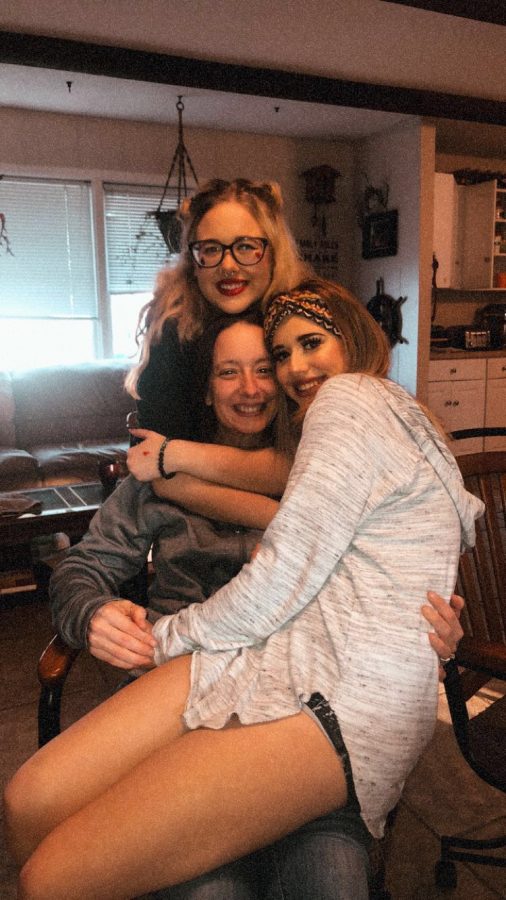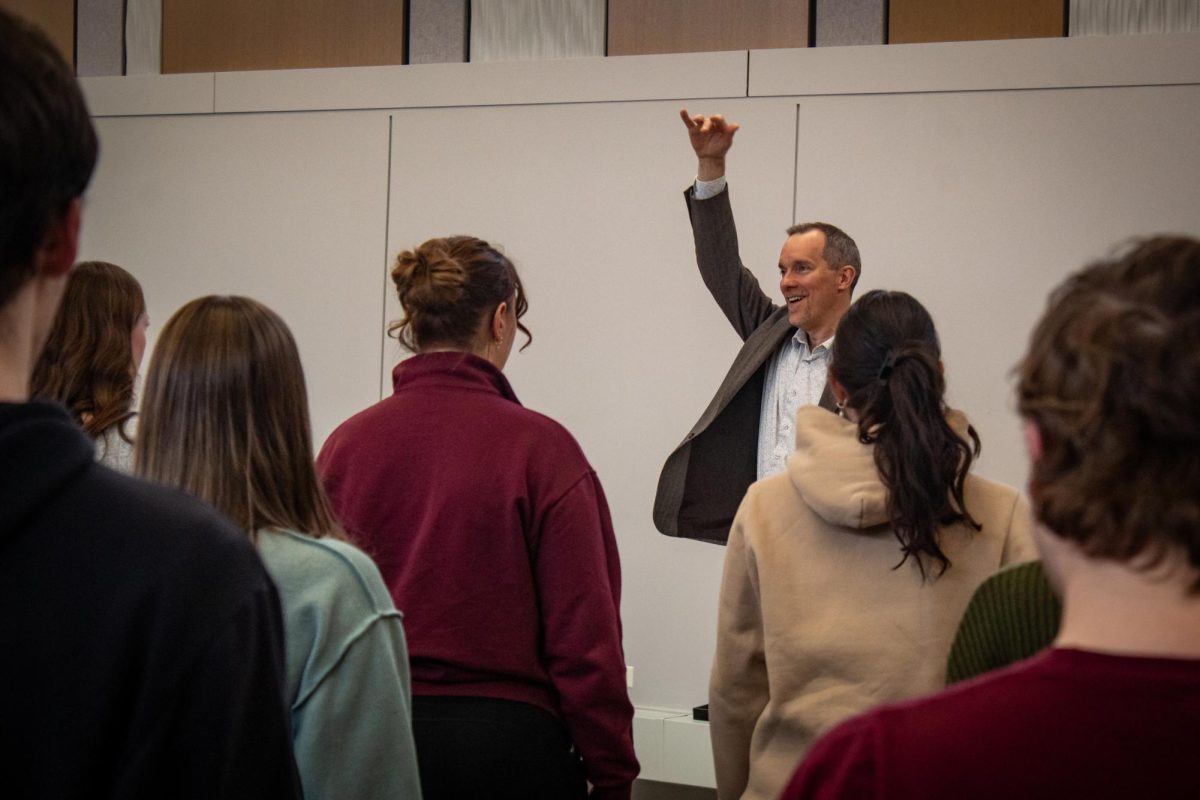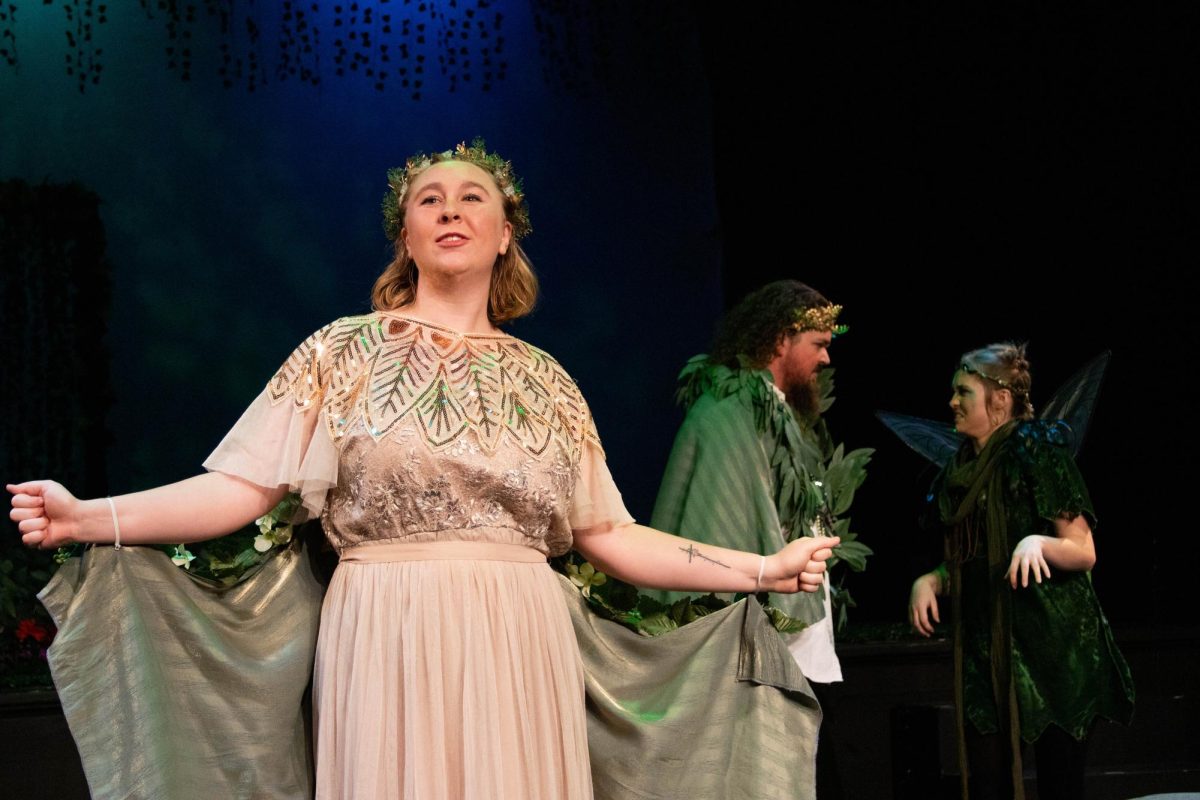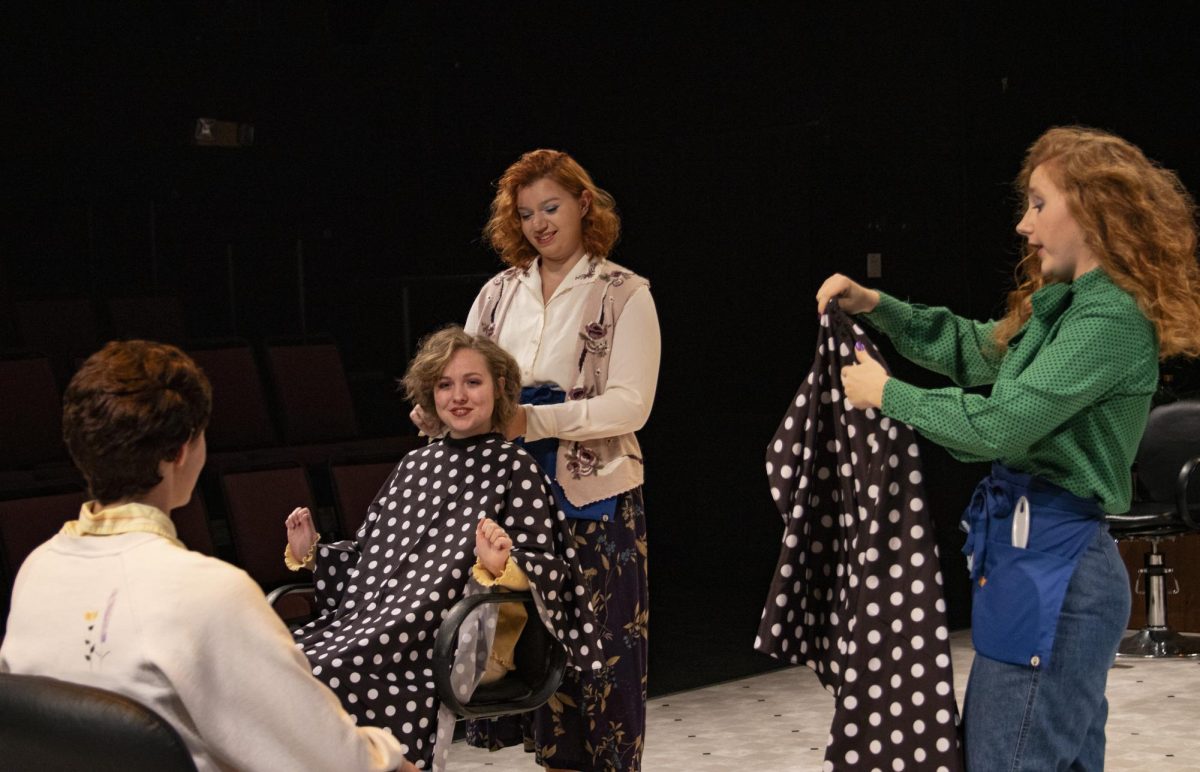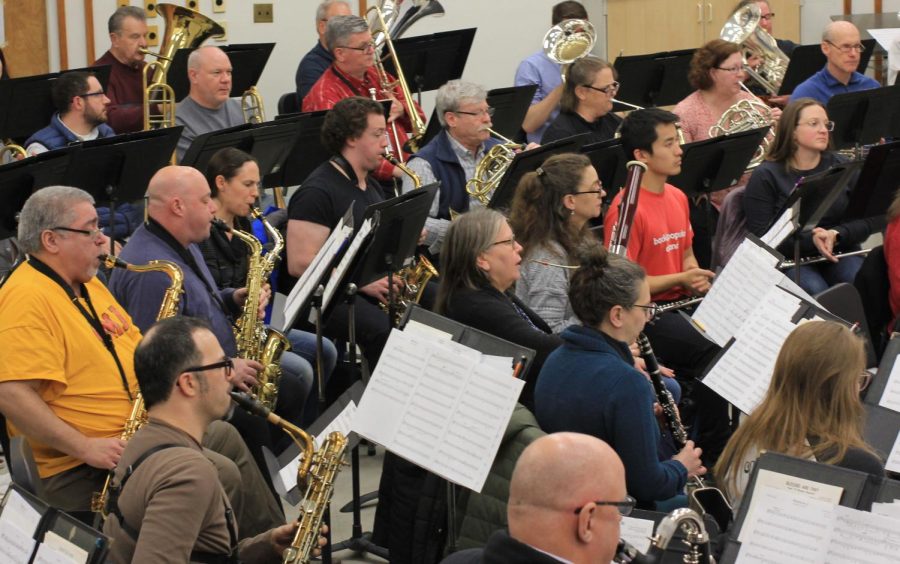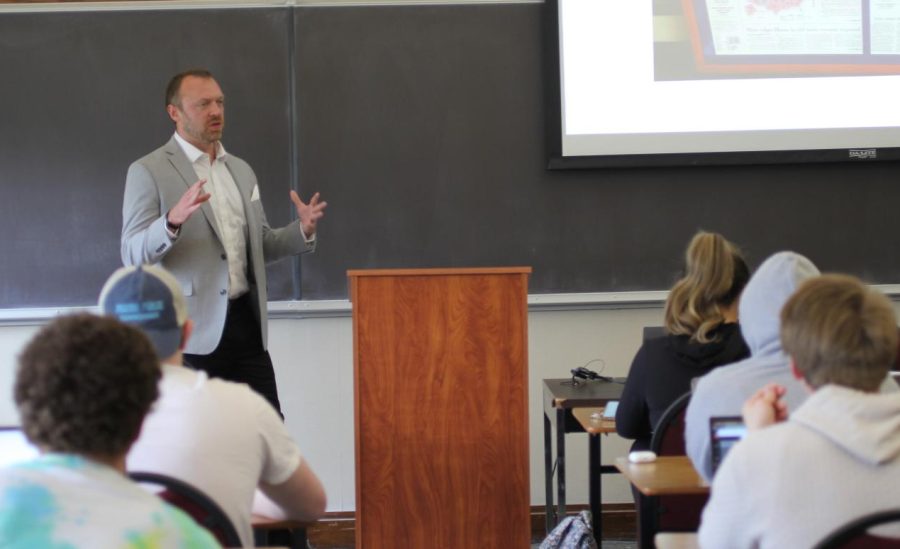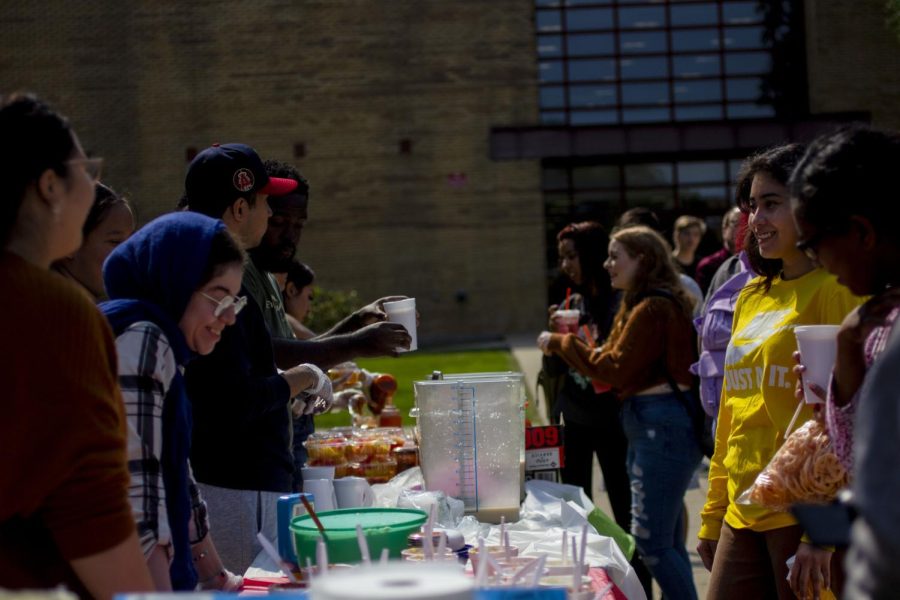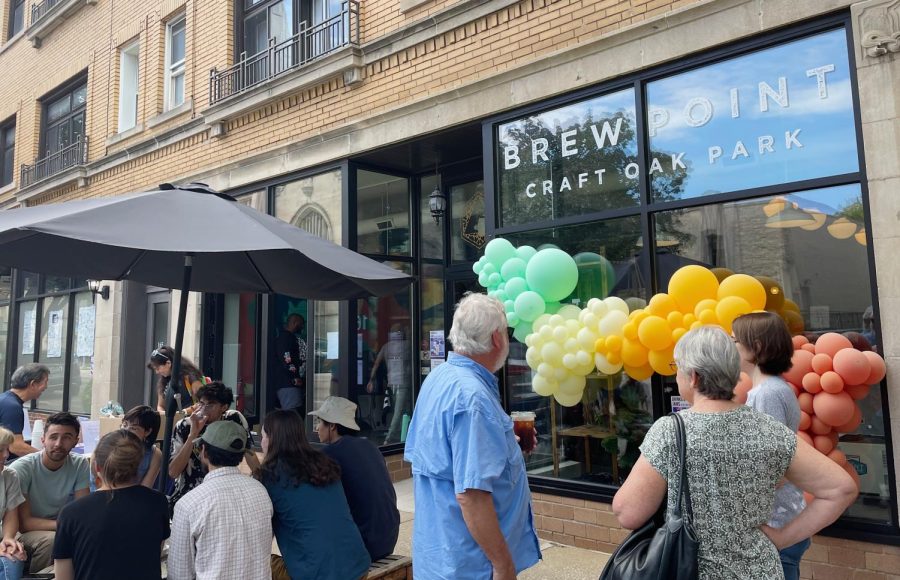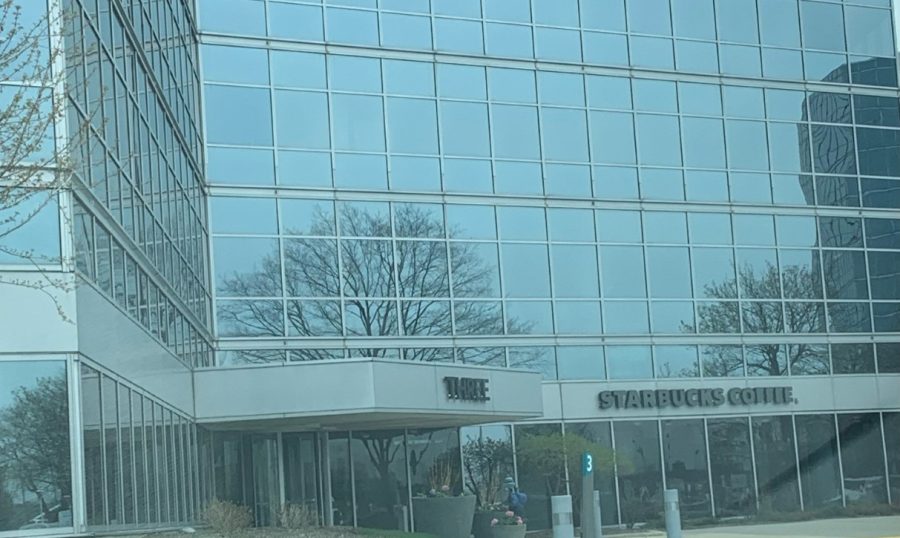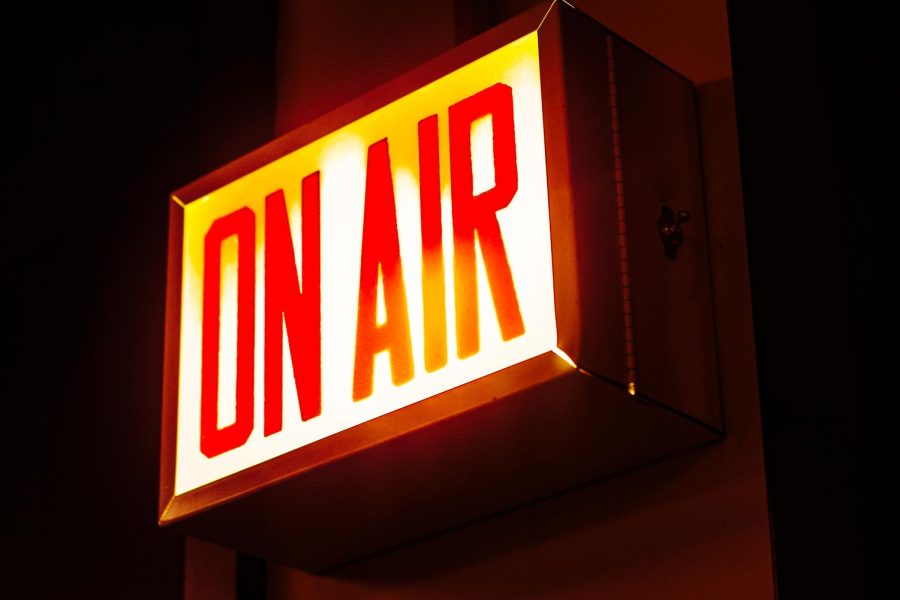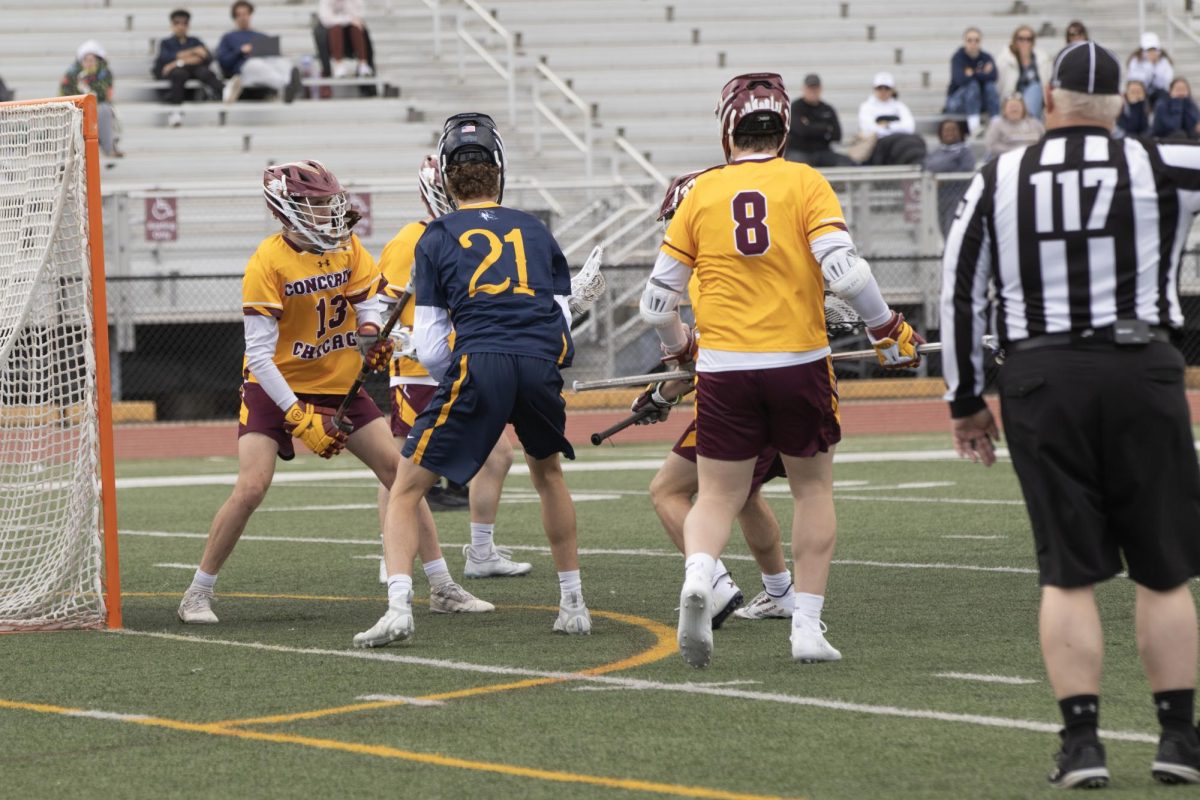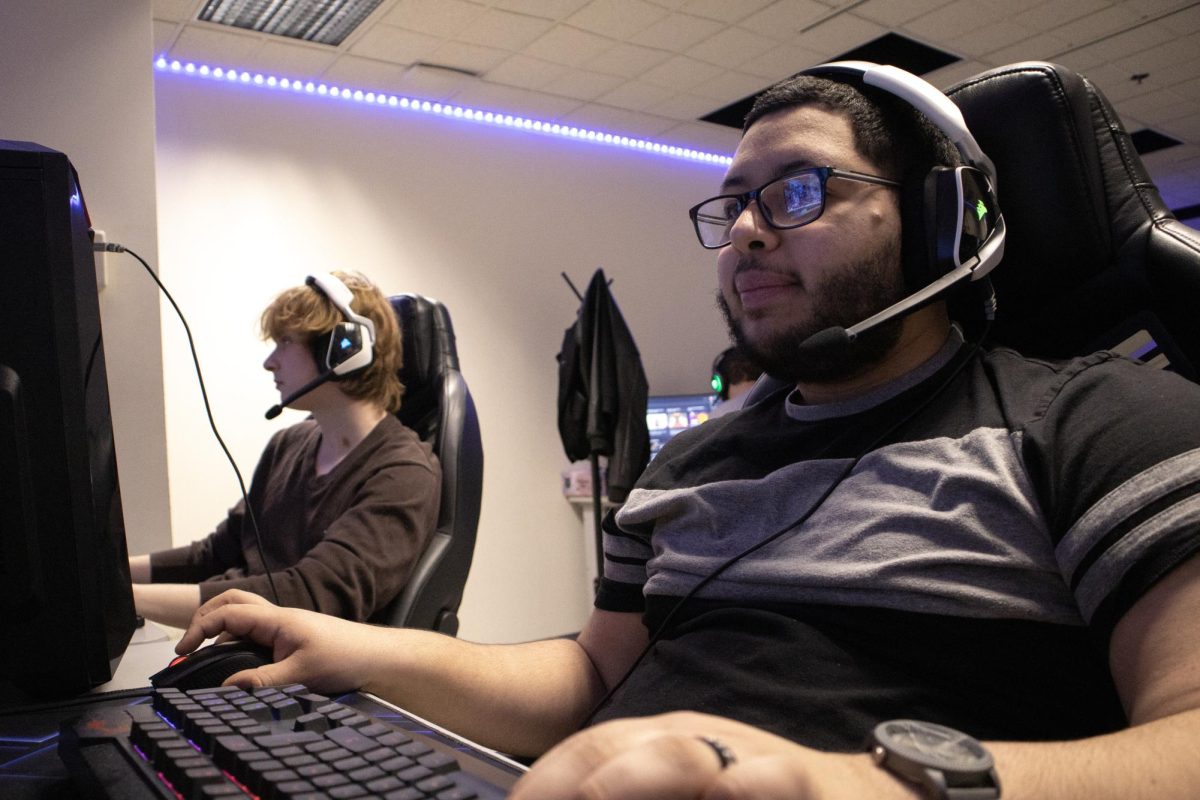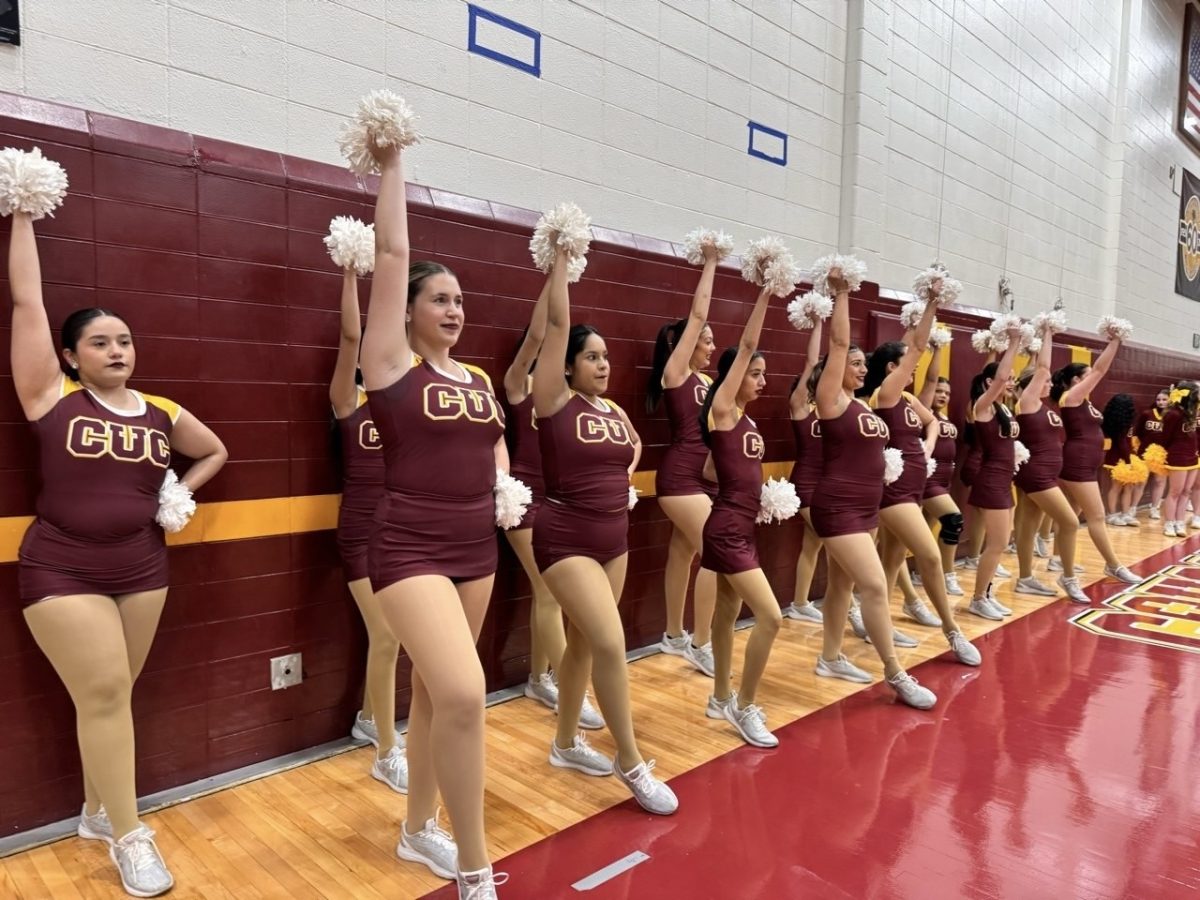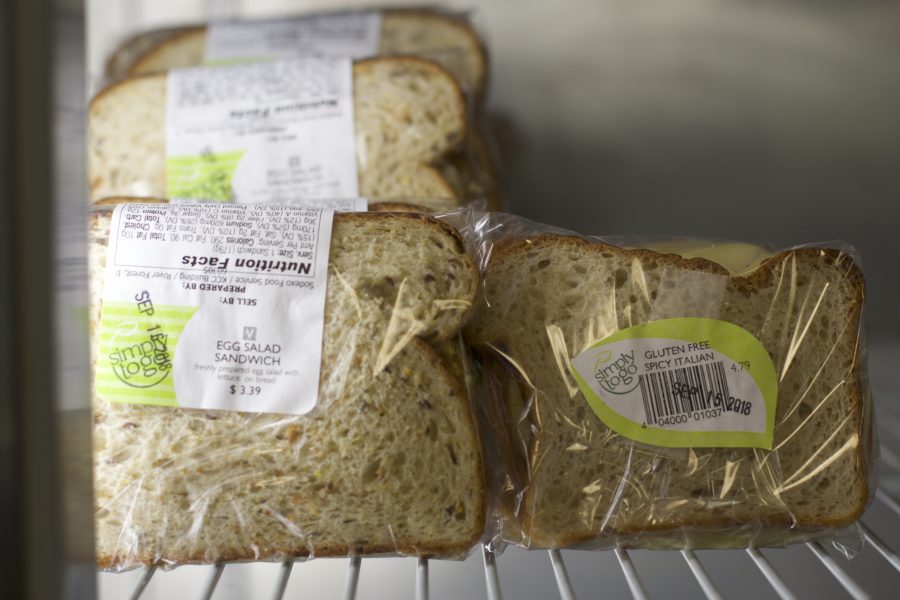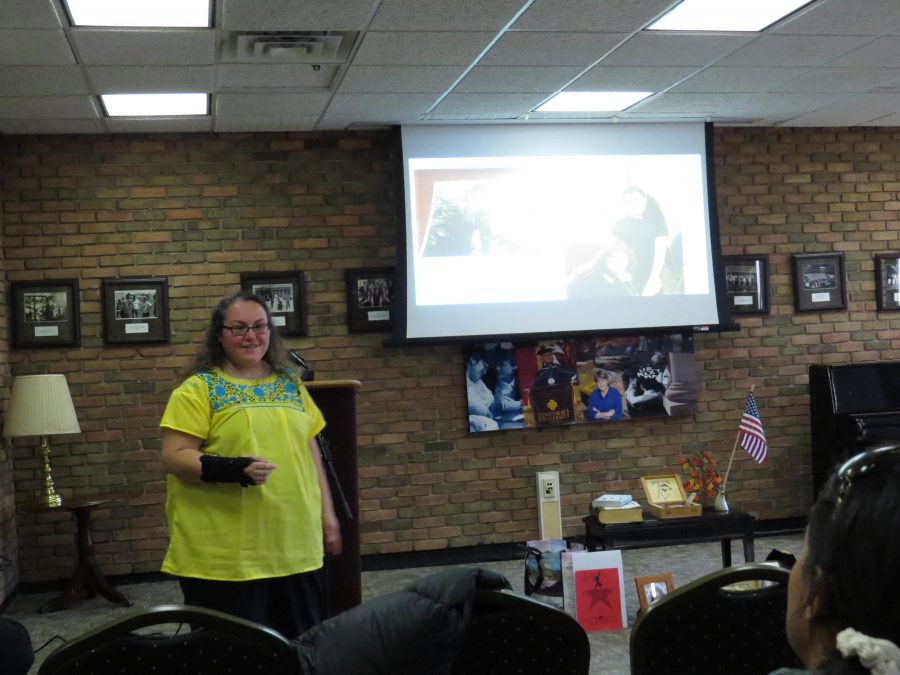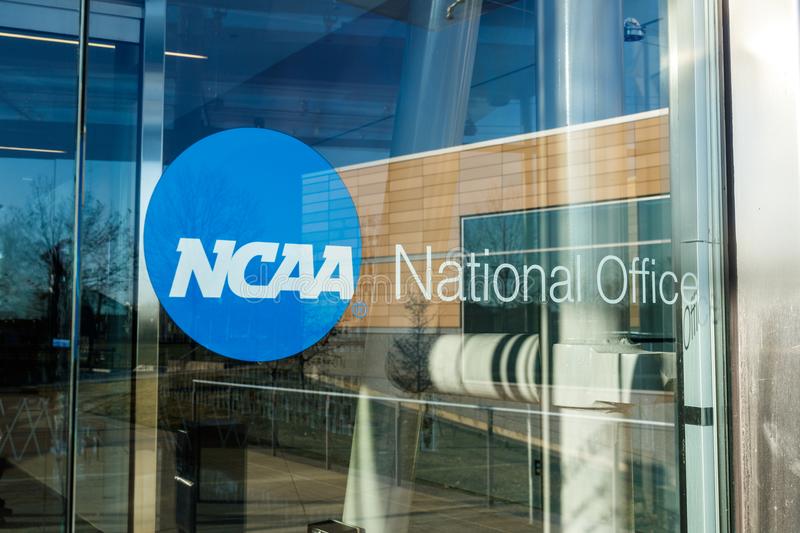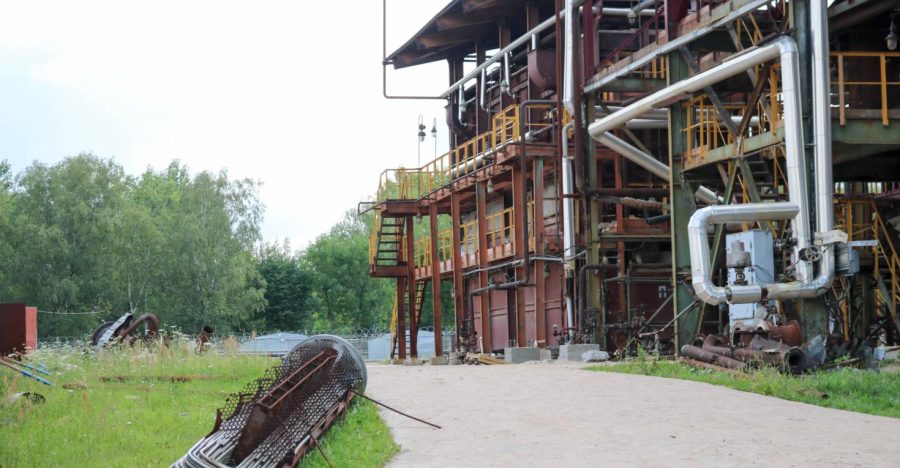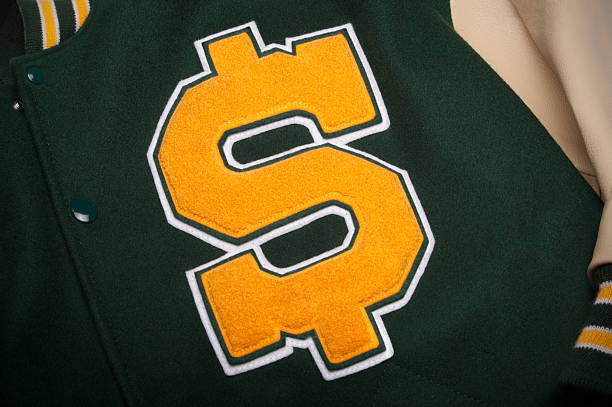Written By Josh Heine

Events in Ukraine developed quickly over the weekend. After weeks of protests and violence, President Victor Yanukovych signed a compromise deal with opposition leaders on February 21. The deal, which was brokered by the foreign ministers of Germany, France, and Poland, envisages a new national government and the return of constitutional powers to government. However, violence continued and protesters occupying government buildings in western Ukraine refused to recognize Kiev’s authority.
On 22 February, protesters seized presidential administration buildings without resistance and reports emerged that Yanukovych fled to Kharkiv in northeast Ukraine. Parliament unanimously voted to remove Yanukovych from power and established early elections on May 25. Despite the unanimous decision, the former president insisted on television that he was the lawfully-elected president of Ukraine and denounced the opposition as a “coup d’état.”
Yulia Tymoshenko, an opposition leader and Yanukovych’s archrival who was jailed for seven years in 2011, was freed and traveled to Kiev to deliver a speech regarding the events. On 23 February, Parliament selected speaker Olexander Turchynov, an ally of Tymoshenko, as interim president. Turchynov informed members of Parliament that they must form a new unity government before Tuesday. While Yanukovych’s exact location is unknown, he is suspected to be hiding in eastern Ukraine, which is mainly Russian-speaking and close to Russia.
The current situation is still tense, and the future of Ukraine is uncertain. Protesters are currently serving as guards for government buildings, while the police, now allied with the opposition, constantly patrol the country in order to prevent further violence. The military is remaining neutral during the process, which eliminates the possibility of a military coup. Parliament is still divided as opinions regarding Yanukovych are diverse, and it is unlikely whether it can form a new government without descending into brawling. The worst tensions exist between common citizens. While western Ukraine, including Kiev, enthusiastically seeks better relations with the United Nations, eastern Ukraine desires stronger ties with Russia. The prominent eastern cities of Kharkiv and Sevastopol both featured large protests by Ukrainians seeking who prefer closer ties with Russia. In addition, some protesters in those cities even voiced their support for reunification with Russia. While fragmentation is a distant possibility, it is still a concern for a struggling Ukraine.
The international reaction is divided as well. The EU has stated that it is willing to provide Ukraine with substantial financial aid; however, it has not provided an offer that is close to Russia’s loan. The Russian government is decidedly displeased with the events. Prime Minister Dimitri Medvedev declared protesters to be “mutineers,” while Foreign Minister Sergei Lavrov described the opposition in Kiev as “illegal extremist groups” who wrested governmental control “with the connivance of opposition leaders.” Russia has also expressed concern about the crumbling Ukrainian economy and suspended the next installment of their loan to Ukraine due to political instability. The United States warned Russia not to intervene in the events, with Secretary of State John Kerry labeling any attempt to do so as a “grave mistake.”

